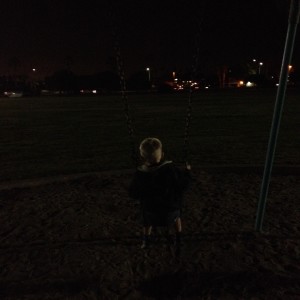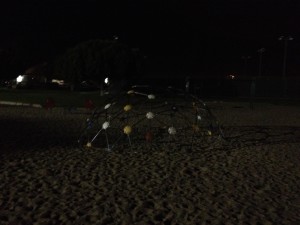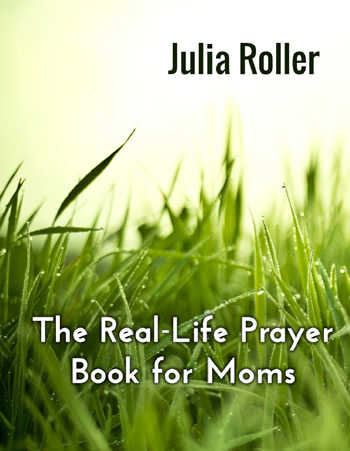It’s been a couple of weeks now since we set our clocks back. I’ve noticed that after that first initial rush of happiness about getting an extra hour of sleep, it seems that nobody much likes the changed clocks, or indeed, this time of year.
While it is nice to get out your boots and make some stew, when it gets dark so early, it seems to make us all feel kind of tired and depressed. After all, winter as a season is synonymous with depression. With the exception of Christmas songs, most of the songs about winter are slow and melancholy and in minor keys.
Plus I’m convinced that there’s something in us that hates the idea of falling back. It feels remedial. After all, would you rather hear your child’s teacher say he or she should be held back a grade or should skip forward? And who wants to “fall back” at work? Or find yourself falling back on the household tasks, my constant nemesis?
This year, though, I’ve found myself really appreciating the clock’s fallback.
Truth be told, probably the most important reason is that my kids are so tired, they’ve been going to bed earlier than normal. The first night after the time change they were both asleep an hour and a half before their usual bedtime. (That might have had a little bit to do with the fact that I accidentally on purpose didn’t change the clocks in their bedroom and they thought it was later than it actually was.)
Regardless, the extra sleep seems to give them more morning energy, and they are up early and ready to go. This is key because we have an early school run every morning, and it’s awfully nice to have only myself to drag out of bed for it.
There’s still that 4:45 p.m. sunset to deal with, however.
What winter gives us, and what this falling back of our clocks heightens our awareness of, is more night. Nighttime, in my opinion, has always gotten a bad rap. The “dark night” of the soul. Frankly, just about every biblical reference to darkness I can think of! Even when it comes to nighttime as a time for prayer, the first prayer that comes to mind for me is Jesus’ anguished prayer in the Garden of Gethsemane and his resulting betrayal and arrest.
I actually really love nighttime, always have, and it’s my favorite time for prayer, so darkness falling early doesn’t bother me as much as it could. But it is a challenge to my constant list of things I must do. Yes, there are still 24 hours in the day, but the fewer hours of light there are, the less I seem to get done. We tend to eat earlier and go to bed earlier, and there go my precious post-kids’ bedtime hours where I catch up on everything from the laundry and the TV to work and what’s going on on Twitter.
Get less done. Go to bed earlier. These are very counter-intuitive ideas for me.
Early nightfall feels like a forced slowing down, and slowing down is painful but good for me, like the body pump class at the gym. It’s at least equally good for me to shut down the computer and go to bed earlier. Frankly, ever since I’ve had kids, anything that helps me get more sleep is all right in my book.
And when I think about it, my favorite moments since the fallback have been playing at the playground under the moon and stars with my younger son during my older son’s soccer practice. Nighttime playground visits just aren’t possible any other time of the year, but I love them. After dark, the playground is always deserted, so it’s just us. There’s something so calming about swinging or sliding or see-sawing under the blanket of the stars. Such a thing even helps Mom to put away her cell phone and just hang out for a while.
And what about nighttime prayer? Luke 6:12 tells us that Jesus spent the night in prayer before he called the disciples. And it was nighttime when the angel of the Lord spoke to those shepherds keeping watch over their flock (2:8), telling them the joyful news of the birth of the Messiah. Nighttime is also when God reached so many others through dreams.
Maybe winter is the time when we can not only slow down, but also be more open to God reaching us in new ways, even in the dark.
After all, in those first few stanzas of John of the Cross’s famous “Dark Night of the Soul,” John describes waiting eagerly for nighttime so he can light a candle and be with God–in that “happy night,” that “night more beloved than dawn.” For it is in the darkness that the light of Christ is best seen.




